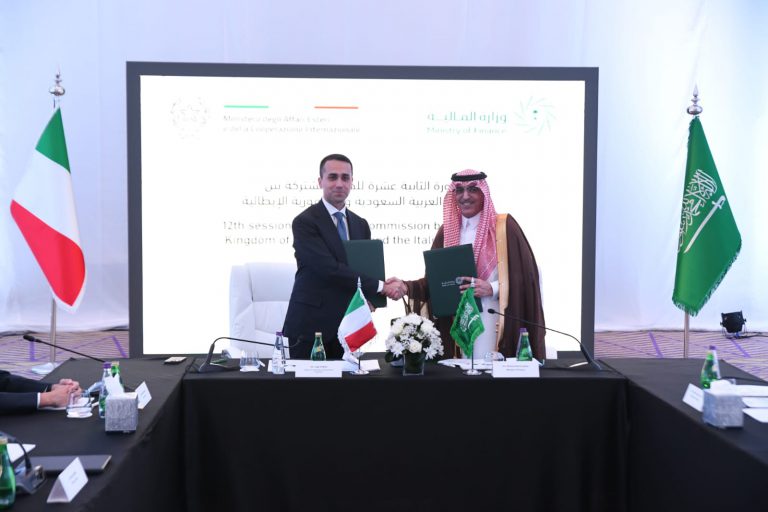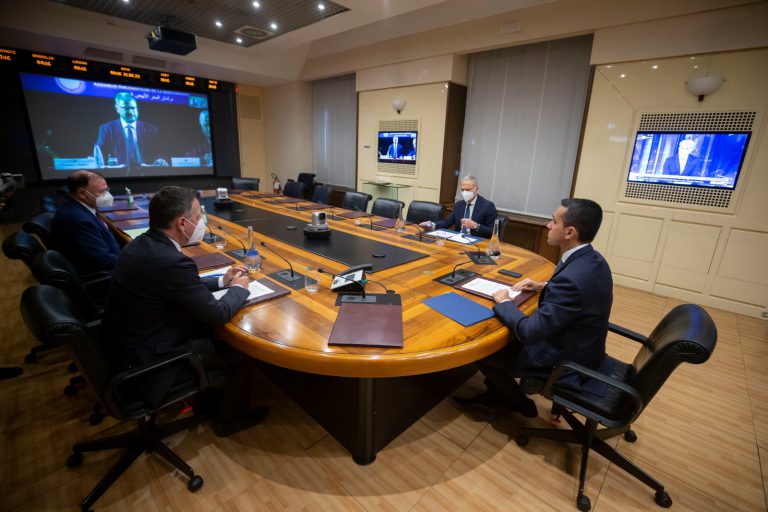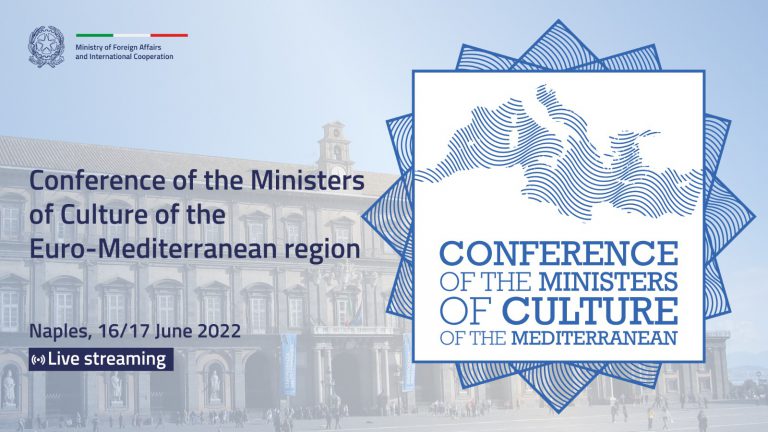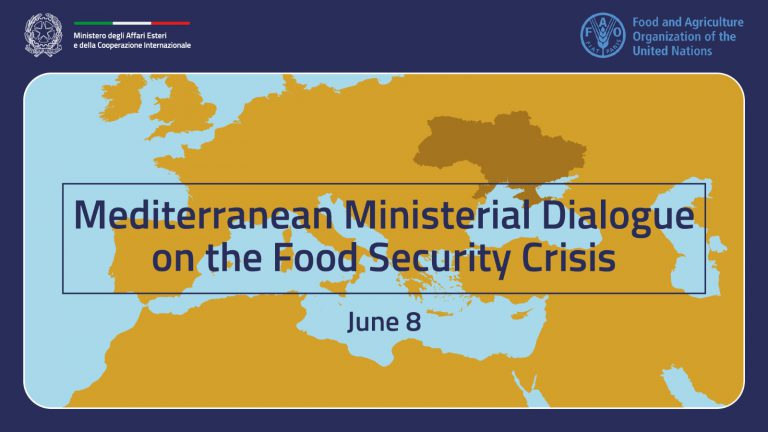Although his announced trip to Libya with the EU mission has blown out, for the time being, the Foreign Affairs Minister Luigi Di Maio has nevertheless stated that “The EU mission can meet Al Sarraj and Haftar elsewhere, and now speaks with the voice of the EU’s High Representative for Foreign Affairs Josep Borrell”. Yesterday, in fact, Mr. Borrell and Mr. Di Maio met for dinner in Rome.
“Mr. Borrell has said that there could be an “imminent escalation of the conflict around Tripoli”. And it seems that Haftar has already taken Sirte. Probably a bit too late for talks.
There’s a war under way in Libya, with foreign interferences. Italy’s aim is to bring together all the players with influence in the area, which includes Turkey and Russia, as well as Egypt and the US.
Yet the mission was unable to travel to Libya, they didn’t want you there.
The security situation is very uncertain. Yet the mission is ongoing and is working to set up a meeting with the two parties. If we can’t travel to Libya we’ll hold it elsewhere.
Is Italy an option?
We’ll discuss that. The certain thing is that it was a reckless decision to bomb Libya in 2011. Now we’ve got another Syria on our doorstep. But there are other responsibilities too.
Meaning?
The former Interior Minister Matteo Salvini took over full control of the Libya dossier, so that he could focus on immigration alone as an electoral talking point. An entirely misguided decision.
You and Prime Minister Conte let him take over though.
The Prime Minister worked on the Libya dossier, for example with the Palermo Conference.
But with no results.
Salvini can’t lecture us on Libya because his sole preoccupation was to stop migrants coming over. However, if the conflict escalates we’ll be faced with much more serious concerns, with a proliferation of terrorist cells on our doorstep.
Does this mean a serious risk of terrorist attacks in Italy?
There are no direct threats for our Country, our intelligence and police services are monitoring the situation. But these terrorist cells are proliferating nonetheless.
Is Salvini counting on a new mass influx of migrants to accelerate a crisis in government?
The war broke out in April. We are working to protect our geo-strategic interests, but also to avert the risk of a mass migration scenario. We have been in constant touch with the European diplomacies over the past fortnight.
It seems that your attempt to contact Al Sarraj on Sunday proved unsuccessful.
I spoke to him this morning (Ed. yesterday), and have been constantly in touch with him and his Foreign Minister over the past few days. We are working on a number of fronts: I have invited the Turkis Foreign Minister to Italy and on Wednesday I will attend a summit in Egypt on the Libyan situation, before visiting Algeria and Tunisia. And we mustn’t forget the peace conference under way in Berlin.
But is the Berlin Conference achieving anything at all?
We must not lose hope in a diplomatic solution. War brings more war and the only solution is a ceasefire. But to ensure the success of the Berlin Conference we need to bring in countries like Algeria, Tunisia and Morocco. Having said which we can’t solve international crises with posts and tweets. We need to keep a low profile.
You also need to be on the spot. You have been much criticised for having left Madrid in the evening of 3 January.
I left in the morning with a commercial flight, without using any government aircraft. And from 8 am, as soon as the emergency situation erupted, I was working on the phone.
Has it been a mistake for Italy to rely on Al Sarraj and now to seek an accord with France’s choice Haftar?
His government has been recognised by the UN. What we need to understand is that a conflict can spiral out of control if there is foreign interference, this is what we need to focus on. But we are also speaking with Haftar, and there can only be a real beakthrough if the United States and Russia also talk.
The US disregard Libya and then they kill Soleimani. Isn’t this serious?
The United States have been criticised for their lack of interest in Libya, but also for their intervention in Iraq.
They’re two entirely different situations.
Of course. But I spoke to Secretary of State Pompeo last week and he confirmed his support for the peace process. Instead, the escalation in Iraq clearly concerns us. Italy is always for peace: if the League Party was in government it would lead us into war. Furthermore, Italy has soldiers in the country and aggressive statements by certain politicians can endanger them.
Must we keep our troops there?
We need to carefully think over any changes to the deployment of our troops abroad, in agreement with our allies. We have withdrawn our contingent in Mosul and downsized our troops in Afghanistan.
The Foreign Affairs Undersecretary Di Stefano has criticised Mr. Borrell for having “deplored” Iran’s decision to pull out of the nuclear agreement.
We are working with Iran to restore dialogue and the announcement to pull out of the agreement doesn’t help. But the Foreign Minister should not be expected to make certain statements. It’s not the right way to resolve conflict.







